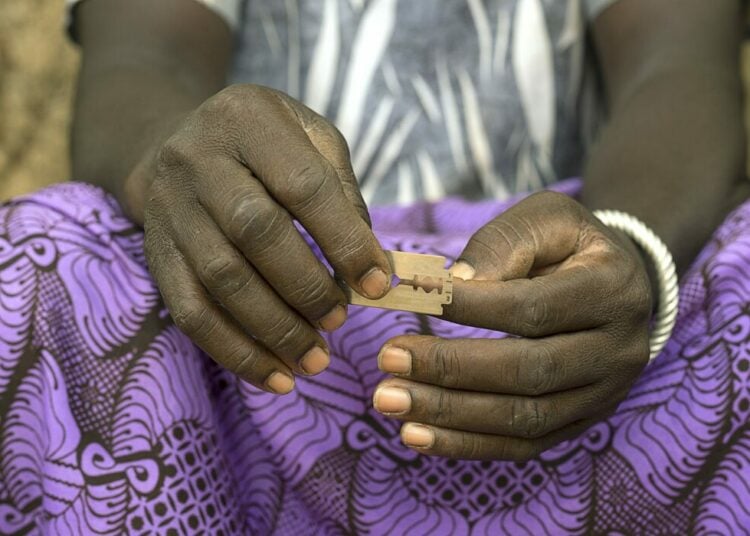A Lagos-based researcher on female genital mutilation (FGM), Friday Anyebe, has lamented the high rate of circumcision of the girl-child, saying the practice is a major public health and human rights concern in the country.
Due to its large population, Nigeria is believed to have the highest number of FGM or female genital cutting cases globally, contributing to an estimated 115-130 million circumcised women worldwide.
Anyebe, in a recent study made available to LEADERSHIP Sunday in Bauchi yesterday, noted that the national prevalence rate of FGM in Nigeria stands at 41 per cent among girls and adult women.
International organisations, including the World Health Organisation (WHO), United Nations (UN), UNICEF, the African Union (AU) and numerous women’s rights groups, are working tirelessly to eradicate the practice in Nigeria, across Africa and around the world.
“In Nigeria, there is currently no federal law banning FGM. The practice is predominantly found in the South West, South-South, South East, and some parts of the Northern region, deeply tied to longstanding cultural customs and traditions,” Mr Anyebe explained.
He warned that FGM has caused deaths, severe infections, psychological trauma and life-threatening injuries for young girls and women, adding that the societal pressure surrounding the practice has forced many families to flee their homes, relocate within the country, or even seek refuge abroad to protect their daughters and themselves from the harmful tradition.





